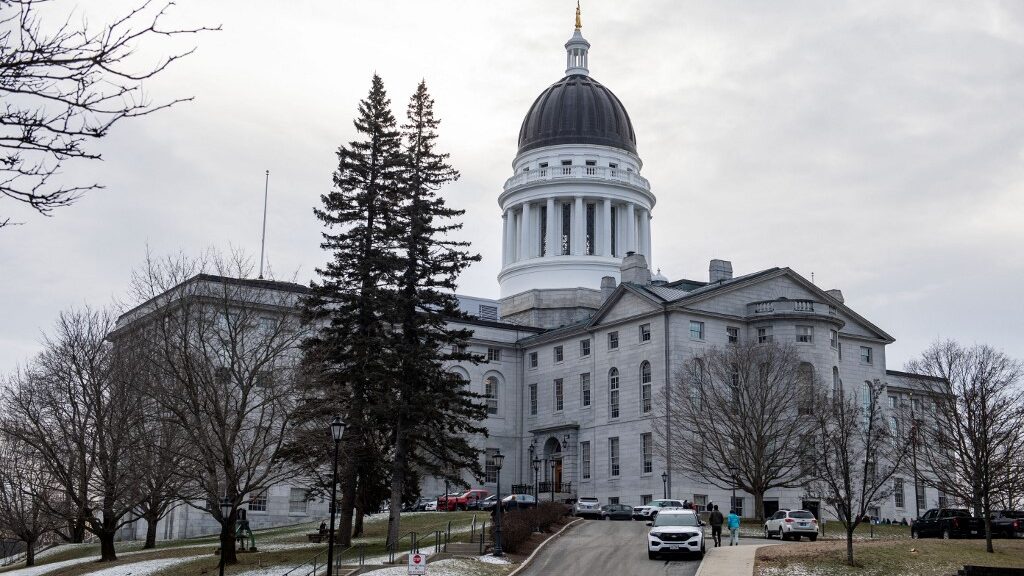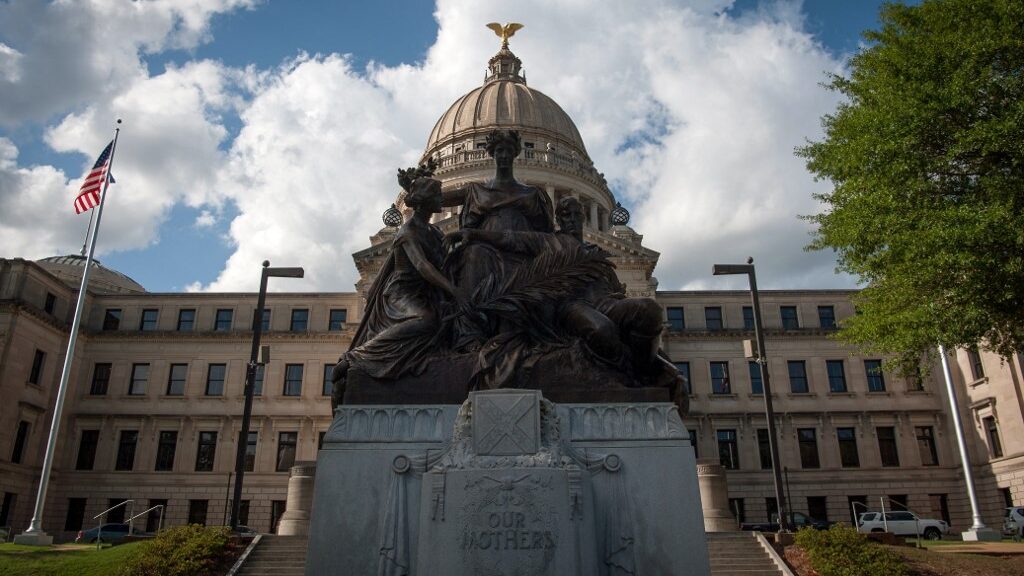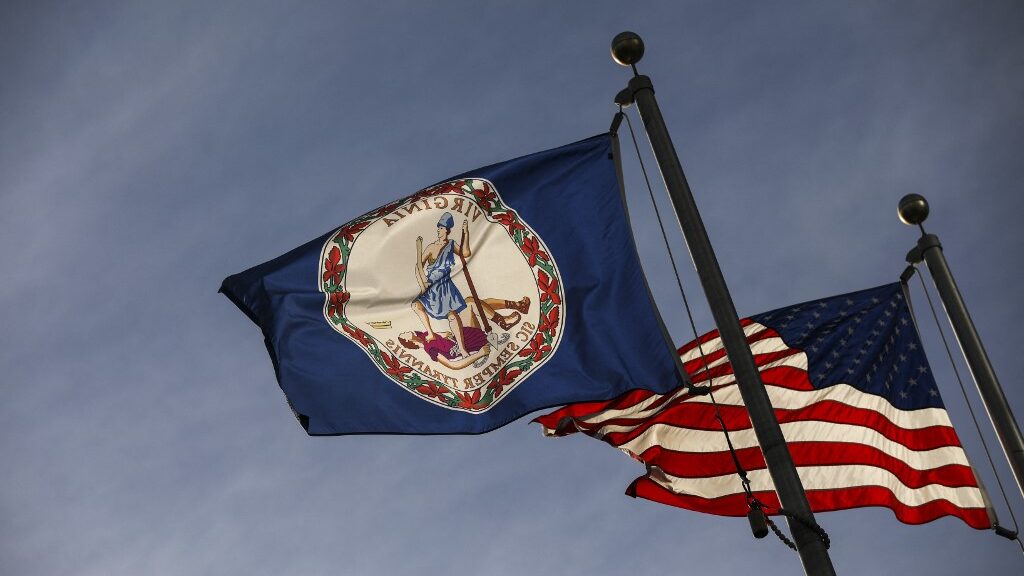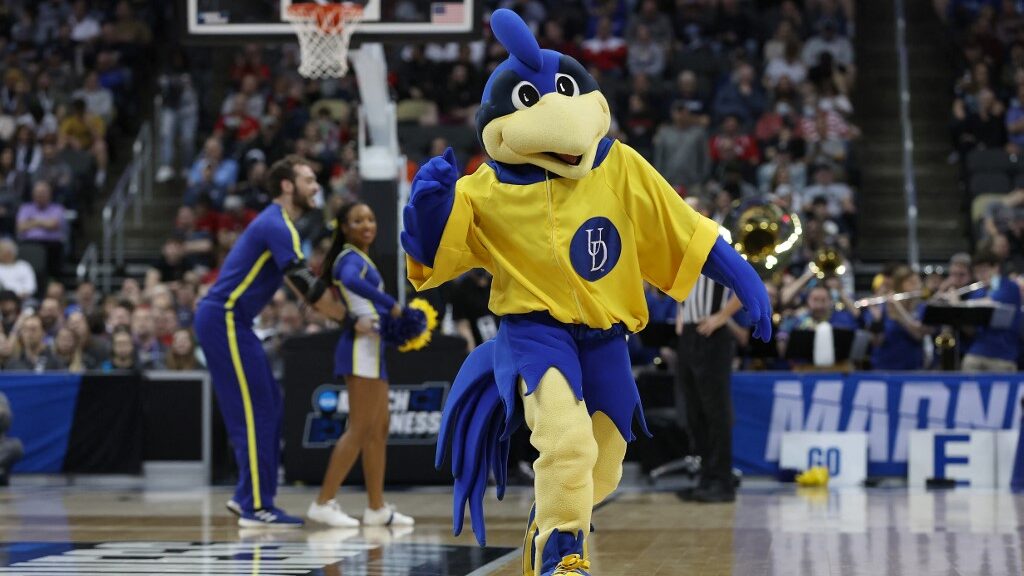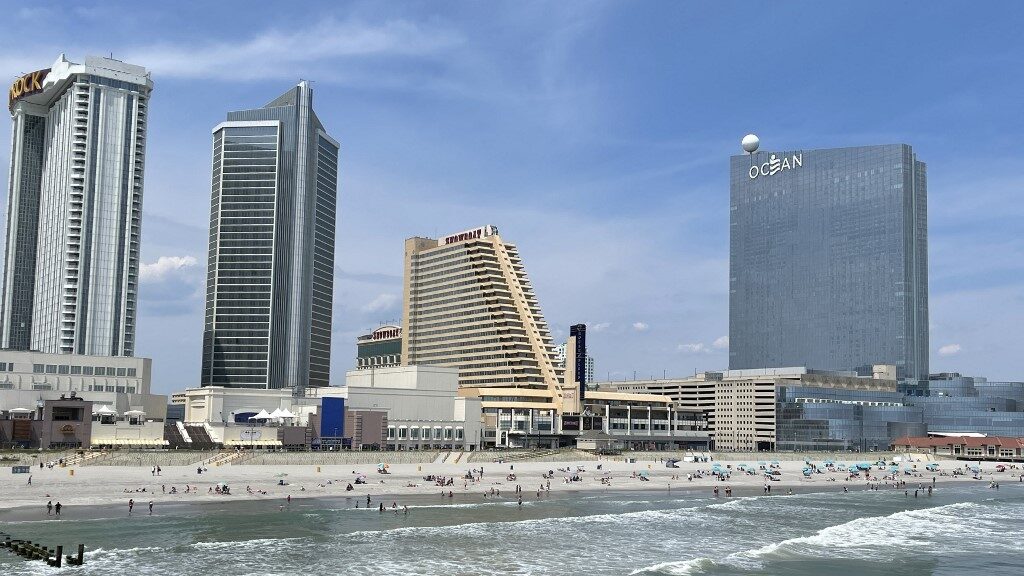
Atlantic County and the nonprofit Liberty and Prosperity want the state appellate court in New Jersey to help settle their dispute. Let’s go through the main points behind this conflict and how it may impact the online sportsbooks industry.
Legal Battles
They’re arguing that judges made the correct decision in 2021 when changes were made to the rules about how casinos pay taxes. It was determined the original deal broke agreements with the county and went against the New Jersey Constitution. However, there’s still a problem.
“Despite the initial rulings in our favor and a willingness on our end to discuss the matter, the state remains steadfast in its determination to stall and appeal, which only serves to deny Atlantic County taxpayers what is rightfully theirs and to also pass along the cost of this prolonged litigation to taxpayers throughout the entire state,” Atlantic County Executive Dennis Levinson told Play NJ.
Appeals in Progress
Liberty and Prosperity is a group whose mission is to learn and teach why ‘Liberty and Prosperity’, New Jersey’s motto since 1776, is still true and relevant today. Although the lawsuits are very different, the courts have, thus far, ruled in favor of Atlantic County and Liberty and Prosperity. New Jersey is appealing decisions in both cases.
L&P founder, Seth Grossman, was upset that the Appellate Court took so long to deal with the issue. Grossman also pointed out that it was a problem that the decisions made by the Superior Court judges couldn’t be enforced while waiting for the appeals process to finish, which he thought was unfortunate.
Regardless, the state appellate court will now hear their arguments in Trenton on March 20.
How the Dispute Began
In 2016, a law called the Casino Property Tax Stabilization Act, also known as the 10-year PILOT bill, was passed. This law connects the property taxes casinos have to pay directly to how much money they make from gambling each year.
In 2021, changes were made to this law. One of the changes was that money earned from online casinos and sports betting in New Jersey was no longer counted as part of the calculation for property taxes. According to a lawsuit, these changes helped casinos save millions of dollars in PILOT payments.
How Much Money Is at Stake?
According to PlayNJ, 2024 projections show that the county will get more than $18 million from the PILOT, up from the $17.9 million it got in 2023.
Levinson mentioned that the county might get an extra $14 million this year if the court agrees with them and rejects the state’s appeal. However, because the legal process is taking a long time, that extra money isn’t counted in the 2024 budget, which will be discussed at a public hearing later this month.
Levinson also mentioned that he anticipates the county’s 2024 tax rate to decrease by nearly five cents, from roughly 44 cents to approximately 39 cents per $100 of assessed property value. The rate is dropping because the value of property in the county has risen.
This is significant because Levinson said the state seems to think that “because the county has been frugal and has again been able to lower property tax rates this year, it must not need the money.”
Gambling Revenue Is Huge in New Jersey
Internet gambling is growing rapidly in New Jersey and throughout the United States. People can now bet on sports online in 29 states, and in seven states, they can play casino games online too. The revenue from online gambling is nearly equal to that of traditional casinos.
In New Jersey alone, online casinos made nearly $2 billion in 2023, which is approximately 19% more than the previous year. Internet sports betting brought in around $962 million. By comparison, the nine casinos in Atlantic City made a total of $2.85 billion, up about 2% from the previous year.
New Jersey appellate division judges preside over appeals from trial courts, the tax court and state administrative agencies, handling roughly 6,500 appeals and 10,000 motions annually.
We’ll continue to monitor the developments, and bring you updates when they are warranted.



